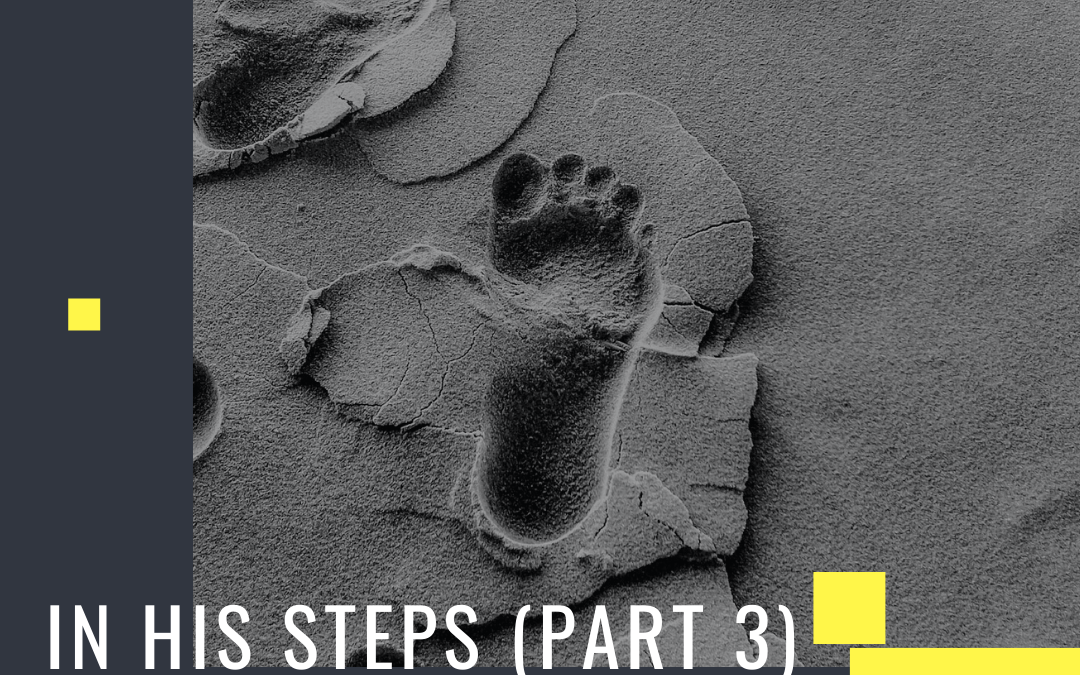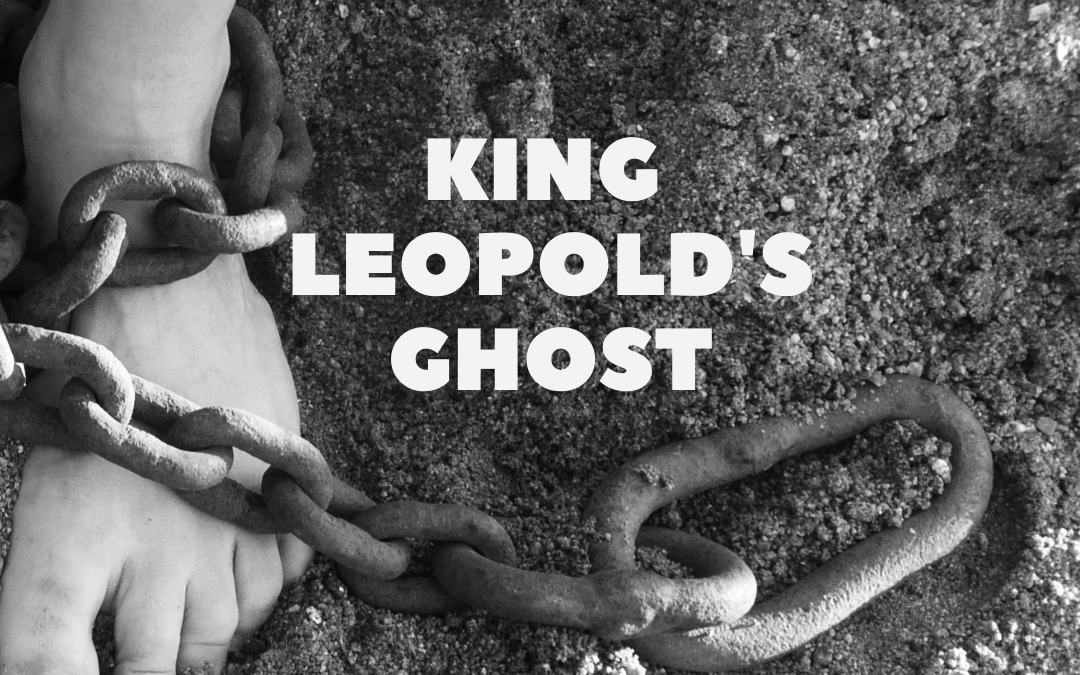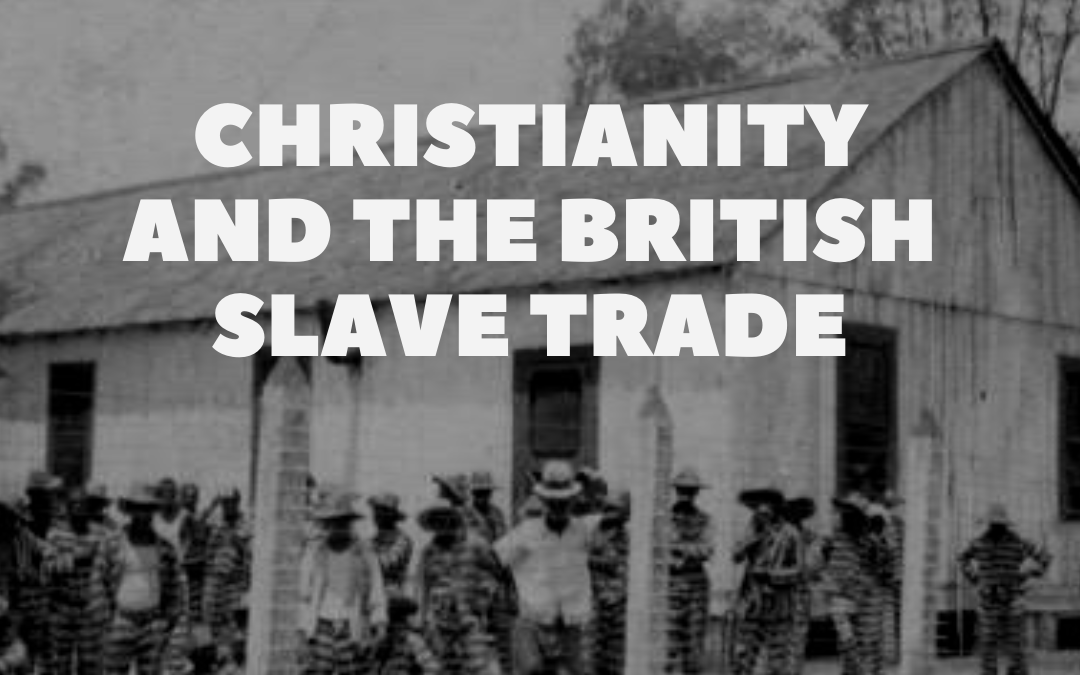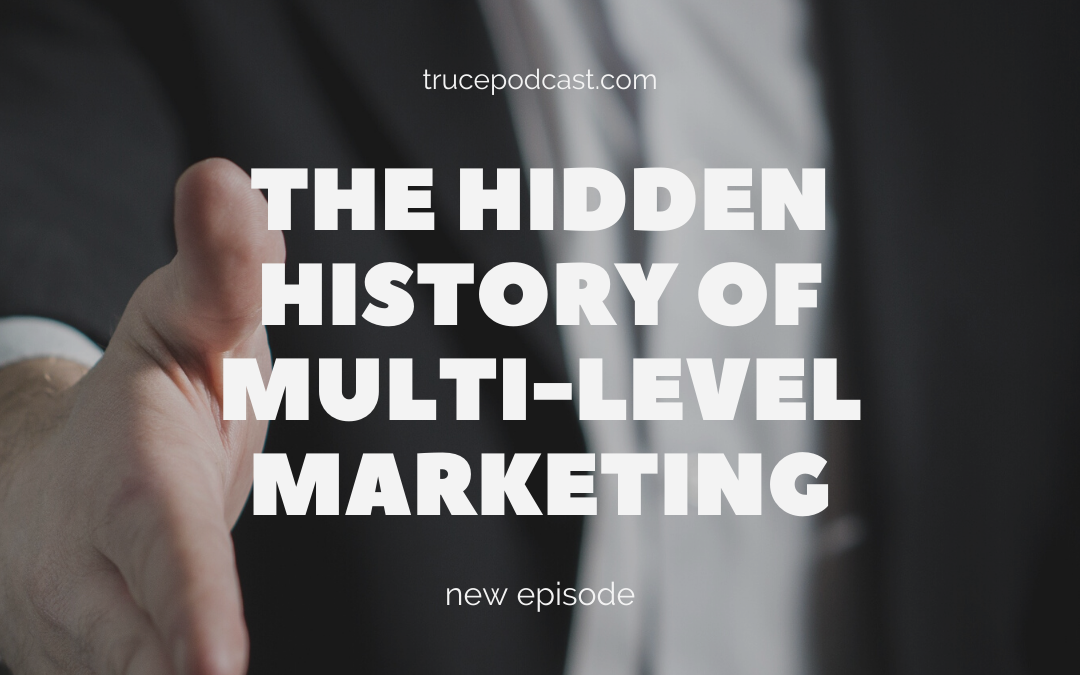
by Chris Staron | Aug 2, 2022 | Episodes
In His Steps free audiobook
This is part 3 of an audiobook presented on Truce. Please start at part 1!
Become a patron of the show to keep more content like this coming your way!
In His Steps by Charles Sheldon is a classic of Christian fiction. It is also one of the top-selling Christian books of all time. We’ve been running through the history of Christian fundamentalism this season. It’s worth noting that fundamentalism was a reaction to liberal theology, especially modernism. Another form of liberal theology was the “Social Gospel”. It was a movement led by people like Walter Rauschenbusch that emphasized the socially conscious aspects of Christianity, while simultaneously downplaying evangelism.
Christian fundamentalists did not like the Social Gospel. For one thing, it had a positive view of human progress. It said that the world could get better and better and then Jesus would return. Christian fundamentalists generally think that world history trends downward.
I’m presenting this original audio recording for many reasons. I think this book offers a great window into the era in which it was created (the late 1800s). It also represents the Social Gospel and a slice of the Holiness movement quite well. Finally, I think we need to hear this story in our modern context. Modern Christian churches are divided. What would happen if we dared to ask “What Would Jesus Do?”
Things to track as you listen:
- The role of women in this society
- Wealthy attitudes toward the poor
- The genesis of financial woes in this book is sometimes economic crisis (the late 1800s was full of panics and recessions) and sometimes sin based
- The Holiness movement and those who object to it
- Is this book evangelistic? If so, how is the gospel presented? If not, what does this book leave out?
- The overall positive view of human progress
- Social movements like the pure foods movement, temperance, suffrage, anti-gambling

by Chris Staron | Apr 26, 2022 | Episodes
What is the Gold Standard?
There was a time not so long ago when the value of an ounce of gold cost $20.67. That was true not just in one moment or one year. It was true in the 1880s, 1890s, 1900s, 1920s… This was the gold standard. A person could take $20.67 to a federal bank and receive an ounce of gold in return.
This system worked really well… for a while. But by the 1890s the constant deflation caused by the increasing value of gold meant that people with loans had to work harder and harder to pay them back. The value of gold and the value of goods had an inverse relationship, like a seesaw. One side went up and the other went down.
William Jennings Bryan and “The Cross of Gold” speech
This is the topic William Jennings Bryan chose to discuss in the 1896 Democratic Convention. And it was that speech that won him the presidential nomination that year. Imagine that! Someone so passionate about inflating the cost of good that they are chosen to be president! His bimetallism (he wanted to add silver into the mix to devalue the specie) stance came out of his social gospel leanings and his Christian faith. This was a high point for the social gospel. As the evangelical world was about to turn to the darker premillennialist view, Bryan made an impassioned plea that we could, in fact, make this world a better place.
My guest for this episode is the amazing Jacob Goldstein. He’s the author of the book “Money: the True Story of a Made-Up Thing”. He’s also a co-host of the Planet Money Podcast. You’ll also hear from Michael Kazin, professor of history from Georgetown and author of “A Godly Hero”.
Helpful Links
Discussion Questions
- Have you ever gotten so excited at a political speech that you would gladly carry the politician around the room?
- What is money?
- Why do some of us want our money to be backed by something else? Why gold?
- Is there something inherent in gold that you think makes it forever valuable?
- Do politicians and government officials have some responsibility to consider how monetary policy impacts those in the lower classes? What does that look like?
- How has your life been impacted by monetary policy?
- How do you feel about things like the FDIC?

by Chris Staron | Oct 26, 2021 | Episodes
King Leopold II of Belgium used forced labor to build his empire in the Congo.
When you think of the world’s worst mass murderers, King Leopold II doesn’t usually come up. But due to his forced labor practices in the Congo, nearly 10 million people lost their lives. He did this by pretending that his actions in that region were a missionary effort. In reality, he forced Africans to harvest wild rubber or risk having their hands cut off.
The truth is even darker than that: it turns out that Leopold was far from the only person doing this. This same era was marked by many major world powers engaging in forced labor. From the US in the Philippines to Arab countries in eastern Africa, much of the modern world was built on forced labor.
Author Adam Hochschild joins us for this episode to discuss his book “King Leopold’s Ghost“.
I first heard about this story on the Noble Blood podcast and their episode “The Red Paint on Leopold II”.
Discussion Questions:
- Had you heard of King Leopold II before this?
- Leopold did send missionaries to the Congo. Was that a positive or negative thing for our Christian witness?
- Did you know that other major countries were engaged in forced labor into WWII?
- What do you think of the US-backed coup in Congo? Is it okay for the US to get involved in the politics of another nation?

by Chris Staron | Oct 12, 2021 | Episodes
Christians helped to end the British Slave Trade. But we forgot one of it’s greatest heroes: Thomas Clarkson
The British slave trade had several well-known enemies: William Wilberforce and John Newton (who wrote “Amazing Grace”) to name a few. But historian Adam Hochschild (“King Leopold’s Ghost”, “To End All Wars”) argues that history has largely forgotten the most valuable member of the abolition movement: Thomas Clarkson. Clarkson was in charge of gathering and disseminating information across the British Isles. He fought for years to end the slave trade and then slavery itself.
This movement is important for many reasons. It was the first to use logos, a coordinated marketing campaign, and it established a high bar for investigative journalism. It was also an ecumenical movement.
In this episode we explore slavery, the importance of slave rebellions, the power of ecumenical efforts, and the book “Bury the Chains“.
Helpful discussion questions:
- Had you heard of Thomas Clarkson before this episode?
- Do you participate in any cross-denominational movements? Where do you draw the line?
- Has your church ever participated in anti-racism movements?
- Was there any wisdom in ending the slave trade first?
- Why do you think John Newton didn’t give up the slave trade as soon as he became a Christian?
- Was it possible to be a Christian and own slaves?
- Do you think humanity will ever go back to slavery?
- Do modern payday loans keep people in bondage in the way that debt kept people in bondage in the 1700s?
Helpful links:
- Link to slave ship diagram (very interesting)
- Episode Photo from the Library of Congress. FYI – it is not from the correct era or place.
What ended the British slave trade?
- Slave revolts in places like Haiti
- The high cost of ending slave revolts
- Freedom was in the air after the American Revolution and the French Revolution
- Public opinion
- Women in the 1800s boycotted sugar to protest slavery

by Chris Staron | Sep 14, 2021 | Episodes
The story of how pyramid schemes came to effect 1 in 6 American households
Multi-level marketing (MLM) is a relatively new invention. It was created when a failed vitamin salesman named Carl Rehnborg was out of options. So his wife suggested that he attend a rally by Dale Carnegie, author of “How to Win Friends and Influence People”. Once there, he formed a bond that created one of the most profitable predatory financial traps in modern history: multi-level marketing. One that found its legs… in the world of cemetery plots.
Our guest in this episode is Robert FitzPatrick. He’s the founder of PyramidSchemeAlert.org, a non-profit that tells the truth about pyramid schemes. He’s also the author of the excellent book Ponzinomics: The Untold Story of Multi-Level Marketing.
Discussion Questions:
- Do you know someone who sells for an MLM?
- Have you ever sold for an MLM?
- Do you think they should be legal?
- What is market saturation and how does it impact salespeople?
- Have you ever bought an item that you didn’t need just because the salesperson was so good?
- What can you do to show MLMs for what they are?
- Has anyone at your church ever tried to sell you on an MLM?
- How can tying a bad business practice impact how people see Jesus?
Helpful Links:





